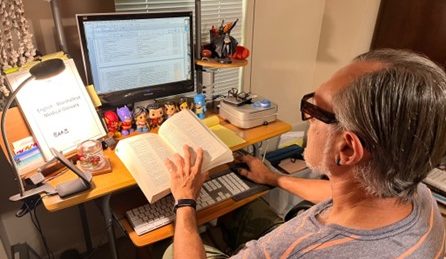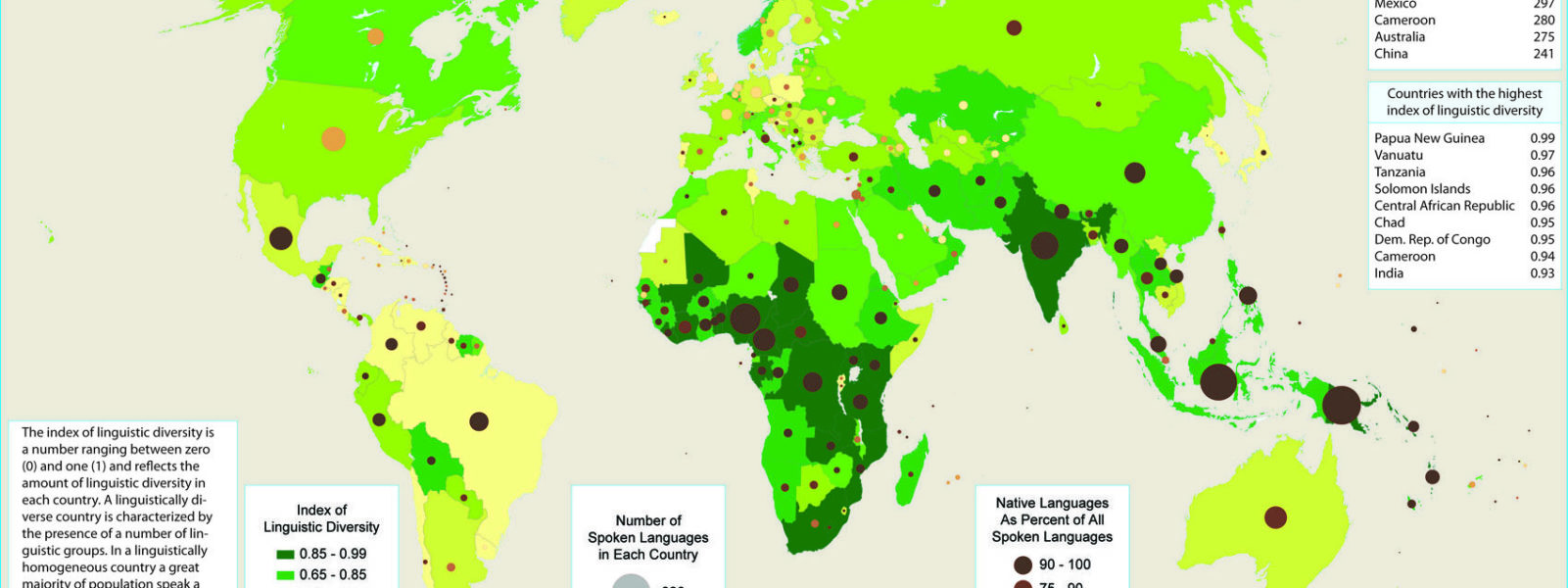The strive for perfect pitch in tonal languages
You are sure to have encountered jokes concerning non-Thai speakers’ mistakes in their attempts to speak a tonal language. As funny as it may be, these jokes have a firm basis in real life since, from a tonal perspective, Thai is much more complicated than...










